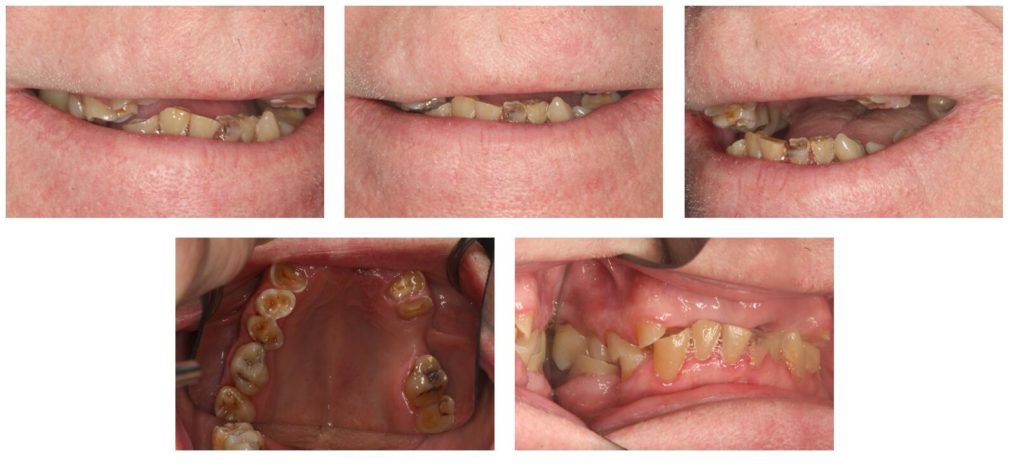
You think you take pretty good care of your teeth; you brush and floss after every meal, and you see the dentist in Kittanning regularly. But at your last appointment, you found out that despite your strict routine, your teeth are starting to wear down! How did this happen? You may be surprised to learn that it may very well have been while you slept; here’s why your pearly whites might be at risk while you’re getting some shut eye.
Why Do Teeth Wear Down?
The outer layer of the teeth is enamel, which is far harder than your bones. This layer protects the teeth from the daily stresses of chewing and biting. The downside is that enamel isn’t living tissue, so it doesn’t grow back if gets damaged.
Everyday wear and tear (as well as tooth decay) can cause you to lose enamel. There are ways for the body to remineralize the teeth and keep them strong, but only to an extent. If too much enamel is lost, it can’t be recovered, and the tooth will be more vulnerable to cavities and other forms of physical damage.
What Could Be Wearing My Teeth Down at Night?
Oftentimes, the culprit behind nighttime wear and tear of the enamel is bruxism, a condition where you grind and clench your teeth while you’re asleep. This could be a result of stress, anxiety, or general anger and frustration. It might also be due to other dental issues, such as a misaligned bite or crooked teeth; it could even be a side effect of a severe sleep disorder such as sleep apnea.
In addition to damaging your teeth, bruxism can also cause headaches and severe facial or jaw pain. You could eventually develop a disorder of the temporomandibular joints that connect the jaw to the head, causing lockjaw or clicking sounds when you speak or chew.
What Can I Do If I Grind My Teeth at Night?
Usually your dentist in Kittanning will give you a mouth guard to wear at night to protect your teeth from the stresses of grinding. There are several steps you can take at home as well, such as:
- Avoiding alcoholic or caffeinated drinks that can intensify grinding.
- Stop chewing on pen tips and other hard objects.
- If bruxism is due to stress, ask your dentist or doctor for relief options such as counseling or a prescription.
- Keep the tip of your tongue between your teeth to help train the jaw muscles to relax.
Whatever you do, it’s important to act quickly to address the source of the problem. If bruxism is allowed to go on for too long, you may require restorative dentistry to reverse the damage. No matter what the situation, protecting your smile means acting fast and getting help from your dentist right away!
About the Author
Dr. Ray Voller has been helping Kittanning families with excellent dental care since 1981; he graduated from the University of Pittsburgh School of Dental Medicine in 1980. He offers night guards for patients suffering from bruxism as well as Botox for to treat disorders of the temporomandibular joints. To schedule an appointment at his Kittanning practice, Voller Dentistry, visit his website or call (724) 543-4948.
